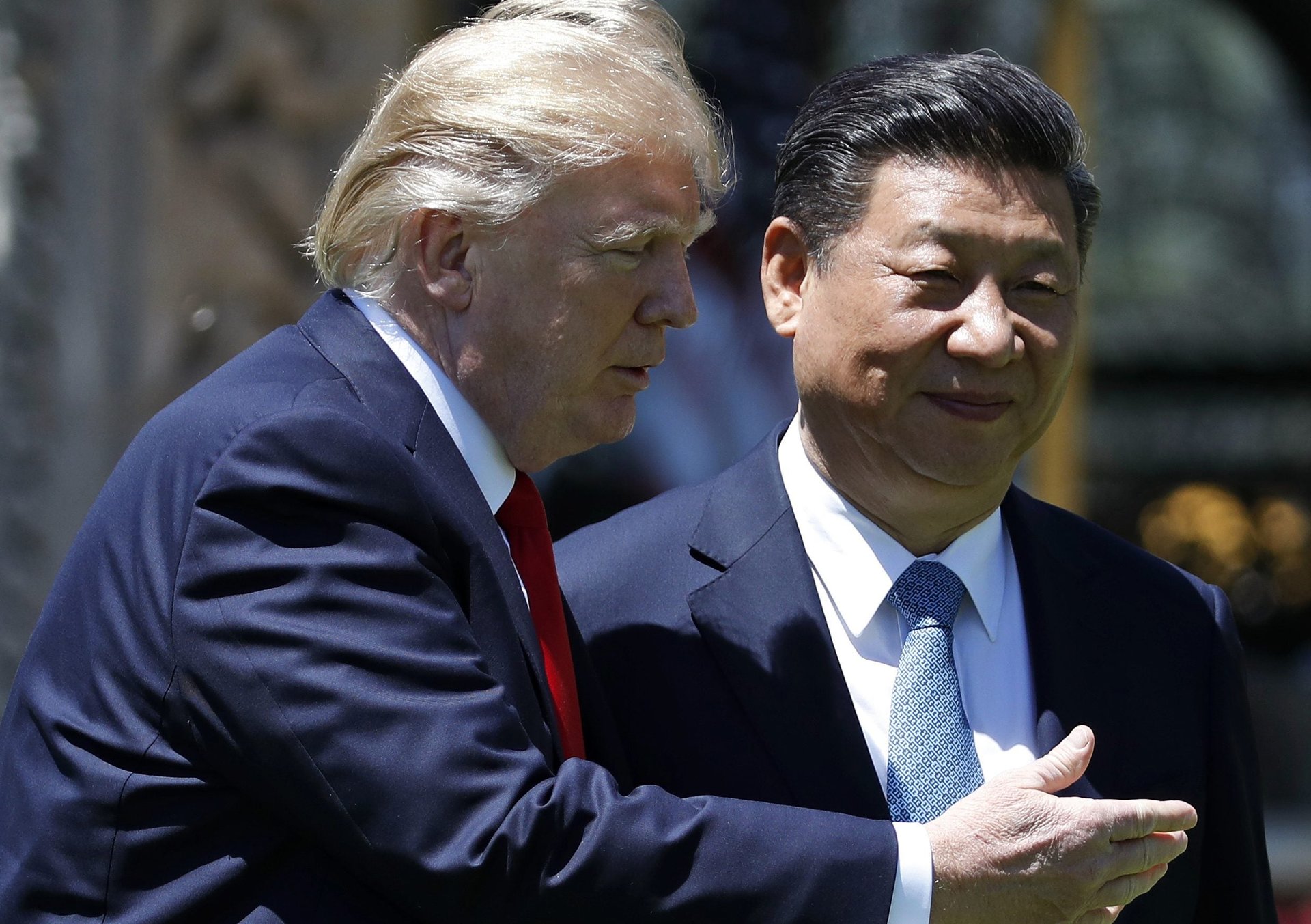This week Trump practically asked China to take over from the US as chief global superpower
The US’s withdrawal from the Paris Agreement will be bad, but not that bad, for the rest of the planet. Every other country but Syria and Nicaragua is still committed to it, and the accord itself was pretty weak anyway. The global economy is decarbonizing on its own as renewables get cheaper. And climate-change mayhem is coming no matter what—it’s only a matter of degree(s).


The US’s withdrawal from the Paris Agreement will be bad, but not that bad, for the rest of the planet. Every other country but Syria and Nicaragua is still committed to it, and the accord itself was pretty weak anyway. The global economy is decarbonizing on its own as renewables get cheaper. And climate-change mayhem is coming no matter what—it’s only a matter of degree(s).
For the US, however, pulling out of Paris may mark the beginning of the end.
China has the biggest renewables industry by far and is ahead of its target for bringing down its emissions and coal dependence. As fossil-fuel use further declines, Chinese firms will dominate the alternatives, while enjoying the most clout in setting global energy policies.
What’s at stake isn’t just opportunities in the cleantech industry (solar already employs more than twice as many Americans as coal). It’s a world in which China stands to become not only the biggest economy within a decade or so, but, eventually, an energy superpower. Its growing military muscle and wide-ranging global investments in infrastructure will add to its influence, and its pro-globalization (and now pro-climate) stance will even lend China a grudging moral authority with the world’s other rich nations.
This is an entirely new geopolitical order—one in which, unless Europe overcomes its splits, an opaque autocracy will be the chief agenda-setter. Because of its size and weapons, the US, like Russia, will never not be a superpower. But, like Russia, it is on its way to becoming a second-tier one.
China will take the throne. And Trump, for all his complaints about China’s ambitions, has just dusted off the cushions and invited it to have a seat.
This was published as part of the weekend edition of the Quartz Daily Brief. Sign up here for the newsletter, tailored for delivery each morning in Asia, Europe and Africa, or the Americas.